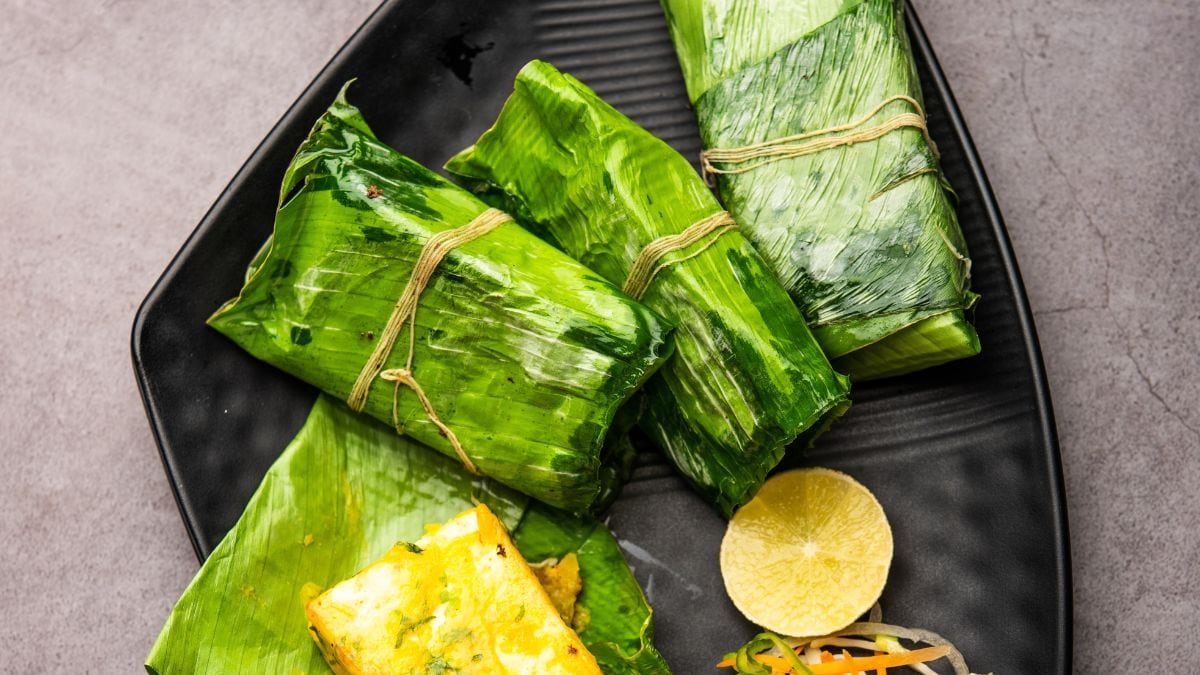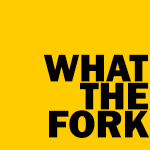What the Fork: Kunal Vijayakar on His Love for Parsi Food, and Why We Need to Protect Heritage Recipes
I have eaten as much Parsi food as is humanly possible for a non-Parsi. And I have spoken, written and, have passionately gushed over the cuisine more times than I should have. In fact, I am now beginning to appear like an ingratiating solicitor for the cuisine more than just a votary, admirer and fan. I have, over the last few years, even refused invitations to Parsi meals, feasts and weddings, because I am so glutted up with Parsi food, that I often anguish that, I may turn apathetic towards the cuisine and, that my splurges and familiarity with a Dhansak, Salli-Boti and Patra-ni Machhi, may with just breed some contempt for this fabulous cuisine. Finally resulting in me getting quite weary about it all.
But this is so far from the truth. Because the minute I am confronted with an able champion or cook of Parsi food I quite graciously tumble, crumble and fall in love all over again. Like I did with the food of a young chef called ‘Shezad Marolia’.
For that, you must visit the idyllic little town of Udvada, the Vatican City of the Zoroastrians. Udvada is a coastal town a few hours away from Mumbai and is home to the Iranshah Atash Behram, the oldest and most sacred fire temple, which houses a fire, which is believed to have been burning for over 1,300 years. It is a small, beautiful hamlet where time stopped a century ago. There are no modern places to live in, just old homes, dharmsalas and residents who may sell you a few snacks. There are one or two old hotels where you can have a humble stay but both serve a huge feast for breakfast lunch and dinner.
Amidst all this modesty, Chef Shezad Marolia and his mother Hilla Aunty run the quaint Sohrabji Jamshedji Sodawaterwala Dharamshala, and the short bouncy and enthusiastic Shezad has started up a café called Café Farohar right alongside. I met him in Mumbai last night at the Taj Lands’ End where he had hosted a pop-up, and we got into a highly passionate and gastronomical conversation about the state of Parsi cuisine, and the slow death of heritage recipes, and the need to safeguard them.
I have had the same conversation with the extremely learned and accomplished archaeologist, historian and chef Dr Khurush Dalal, and he had introduced me to long lost Parsi recipes such as Khatta Meetha Resa Ma Pattice — sweet and sour pulled meat, patties usually made from “last-night’s Salli Boti”. Or Chicken Maivahlans (Mothers favourite curry), which is a baked chicken dish with an extravaganza of almonds, pistachios, cashews, raisins, and thick cream. And he also introduced me with the ingenuity of Parsi cooks being able to embellish all vegetables with meat. For example, guvar-ma-ghos, bhida-ma-ghos, french beans-ma-gosh, cauliflower-ma ghos, papri-ma-ghos, even tarela-kera-ma-ghos (Meat with fried bananas) and the classic kakdi ma ghos”? ‘Kakdi’ is cucumber or large marrow.
Shezad Marolia, too, has made a conscious effort to protect and preserve some heritage Parsi dishes. Of course, his menu boasted of the Dhansak, Pulao Dal, Patra-ni-Machi, Farcha and Salli-Boti. But there was platter of sizzling prawns called Tatrela Kolmi, papeta tarelli chicken, a chicken and potato curry. Atheli Marghi, a slow-cooked chicken stew that is flavored with a variety of aromatic spices and herbs. Some say the word “Atheli” means eight, which refers to the eight pieces of chicken that are typically used to make this dish.
Bhaji Dana Ma Ghos is another traditional Parsi dish. Mutton curry cooked with a variety of vegetables and spices. Vegetables including surti methi bhaji, spinach, coriander, spring onions, dill, tuvar na dana or green peas, its rich and complex flavors quite forgotten by today’s generation. Parsee Bhatia Ghosh sounds quite antithetic, doesn’t it? Well, it’s a dry masala preparation, ideal to carry with you while you are on the move. Apparently, in the old days, the dry Bhatia Gosht used to be carried into the jungle by hunters for dinner. And this is just the beginning. Shezad has also opened Udvada Bakers, a small bakery which freshly makes Parsi delicacies like Bhakras, and other classics like Khari, Sugar Khari, Batasas, Nankhatai, Kaju, Almond and Walnut Macaroons and of course French pastry like Palmiers.
Shezad Marolia has now moved bag and baggage to Udvada after a couple of stints abroad and in Mumbai. His aim is to live in the past so that he can protect the future of a classical Indian cuisine.
Kunal Vijayakar is a food writer based in Mumbai. He tweets @kunalvijayakar and can be followed on Instagram @kunalvijayakar. His YouTube channel is called Khaane Mein Kya Hai. The views expressed in this article are those of the author and do not represent the stand of this publication.
Read all the Latest Lifestyle News here
For all the latest lifestyle News Click Here


